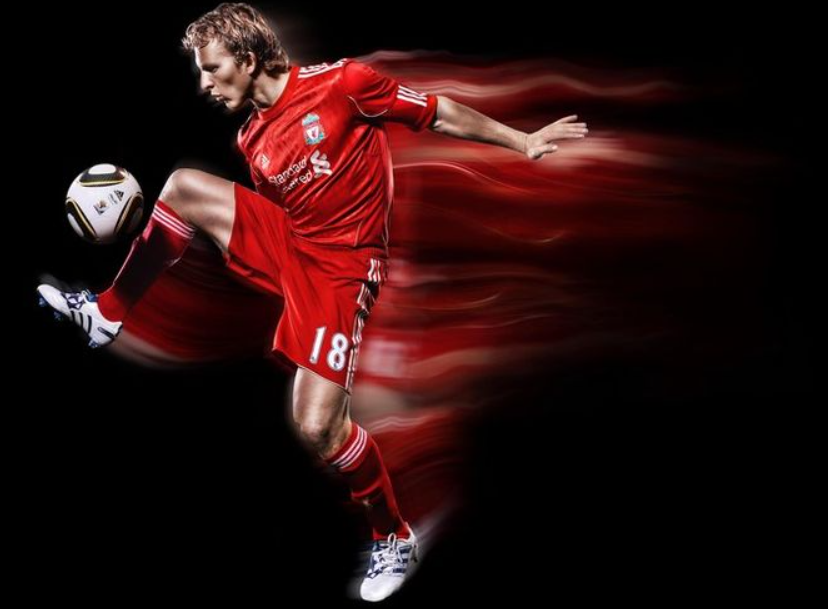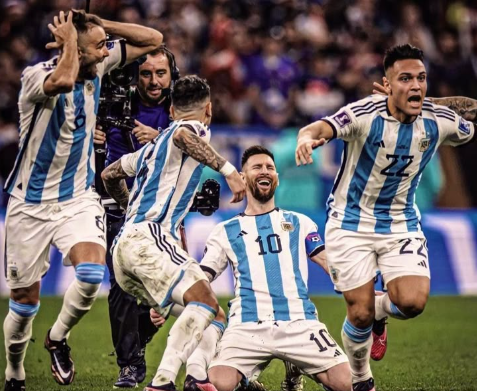There’s no stat line for composure in the 89th minute. But that’s where matches — and legacies — are won.
At the top of the football pyramid, physical ability is only the baseline. The real separator? Mental sharpness. The resilience to recover from a missed penalty. The focus to ignore 60,000 screaming fans and bury the winner. Across Europe’s elite academies and clubs, the psychology of performance is now treated like hamstrings and passing drills — something you train, monitor, and refine daily.
Cognitive Drills Are Becoming as Common as Cone Work
In training grounds from Manchester to Munich, players now start their day not just with rondos — but with reaction boards and VR headsets. Cognitive load exercises are integrated into tactical drills to simulate the decision-making chaos of real matches. Think: one-touch passes with color-coded commands or pressing schemes that adapt in real time via audio cues.
These aren’t gimmicks. They’re rooted in neuroscience and designed to improve working memory, spatial awareness, and mental endurance under pressure. Clubs no longer just train the body — they’re programming the brain.
Mental Skills Coaches: Football’s Most Underrated Weapon
Gone are the days when sports psychology was dismissed as fluff. Today, top clubs employ mental performance coaches as part of the core staff. These specialists work one-on-one with players, targeting individual weaknesses — anxiety in big games, loss of confidence after injury, even sleep performance.
At Arsenal, players use breathing protocols to lower heart rate variability before games. At Ajax, teenagers journal after matches to build emotional processing habits. It’s therapy, strategy, and science rolled into one.

What the Best Players Do to Stay Mentally Locked In
Here’s what elite pros are doing — quietly, consistently — to stay mentally bulletproof during the season:
- Controlled Visualization Sessions
Players mentally rehearse game scenarios with exact detail — from tunnel walkouts to penalty spot routines. - Distraction Training
Drills mimic crowd noise, heckling, and media pressure to prepare for hostile stadiums or tense derbies. - Sleep Discipline
Optimized routines, blue-light blockers, and tracking apps ensure deep sleep cycles for recovery and clarity. - Trigger Words
Short, personal phrases help reset focus mid-game after mistakes — used by players like Jude Bellingham and Dani Carvajal. - Heart Rate Deceleration Techniques
Players use box breathing or HRV training pre-match to reduce nerves and increase oxygen flow to the brain.
These aren’t fringe habits. They’re the norm for players operating at the game’s highest levels.
Young Talents Are Being Mentally Coached Earlier Than Ever
Youth systems aren’t waiting until players break into the first team. Academies like La Masia and Clairefontaine are incorporating psychological development from age 13. The sessions look different — less jargon, more gamification — but the goals are clear: build composure, develop accountability, and train resilience early.
Clubs know that the mind breaks before the body does. Preparing kids for the pressure now might be the difference between a journeyman and a Champions League mainstay.
Signs a Player Has Mentally Leveled Up — And Why It Matters
So what does a mentally mature footballer actually look like on the pitch? These are the tell-tale signs scouts and coaches look for:
- Quick Recovery After Mistakes
Sloppy pass? Doesn’t matter. Watch how fast they demand the ball again. - Consistent Output in Big Games
Form doesn’t drop under pressure — it sharpens. - Verbal Leadership in Chaos
Not just shouting, but instructing with clarity when systems break down. - Composure in Tight Spaces
Doesn’t rush when pressed. Processes options calmly, often with fewer touches. - Resilience Post-Substitution or Benching
Doesn’t sulk. Works back into the XI with purpose, not pouting.
These traits aren’t always flashy. But they’re the reason why some careers flourish — and others flatline at 24.
